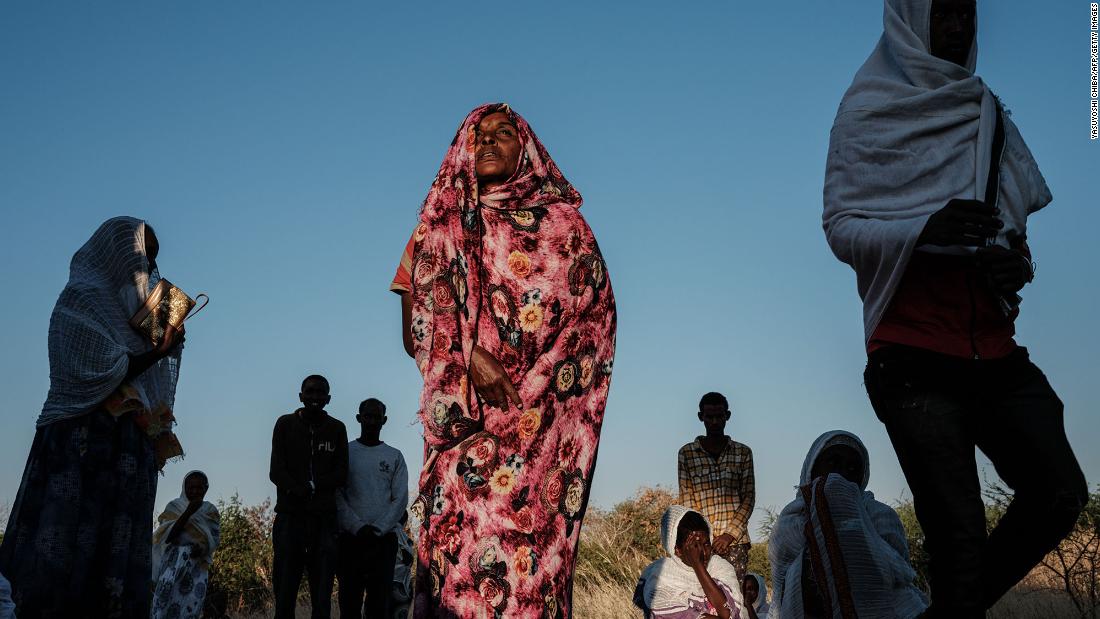
Some 2.3 million children are struggling for basic humanitarian aid, such as treatment for malnutrition, critical vaccines, emergency medicines and water and sanitation supplies, UNICEF, the UN agency responsible, said on Tuesday. of childhood.
“We are extremely concerned that the longer access to them is delayed, the worse their situation will be as food supplies, including therapeutic foods ready for the treatment of child malnutrition, medicines, l “Water, fuel and other staples will run out,” UNICEF Executive Director Henrietta Fore said in a statement.
UNICEF called for “urgent, sustained, unconditional and impartial humanitarian access” to affected families and urged the Ethiopian government to allow the free movement of civilians seeking security elsewhere.
“Protecting these children, many of whom are refugees and internally displaced persons, and providing them with humanitarian aid must be a priority,” Fore added.
UNHCR and its partners also need support to prevent Covid-19 outbreaks among refugees living in overcrowded conditions, including more handwashing stations, PPE kits and information campaigns, the agency said Friday .
“The situation in general is very fluid and very worrying,” Becky Anderson, the regional director of the International Committee of the Red Cross, Patrick Youssef, told CNN on Tuesday. “More than a month since the beginning of the crisis … we have witnessed a lack of food, access to bathroom services, but also Mekelle, for example, has been struggling with the water supply So the basic and basic services “.